One school doubles down to connect kids with breakfast, feeding hunger some never knew was there.
Shanta Nanan doesn’t know exactly how or when she got the nickname Mom, but that’s how she’s known to the kids and teachers at John F. Kennedy High School. Mom has been managing cafeterias in Montgomery County, Maryland for over 15 years.
It’s not unusual for Mom to see children come to school hungry. Not a day goes by, she said, that kids don’t ask to borrow lunch money – often multiple kids a day. Mom knows that hunger is a terrible presence in the lives of her students, even though this suburban school is located in one of the wealthiest counties in the United States. She knows their struggle, and the kids know she cares about them. For kids who face hunger, breakfast is typically the meal that’s missed. The cafeteria used to sit empty in the morning. Free breakfast was available for students, but tight bus schedules, rides to school caught in traffic, and the stigma of being the poor kid eating in the cafeteria kept them away.
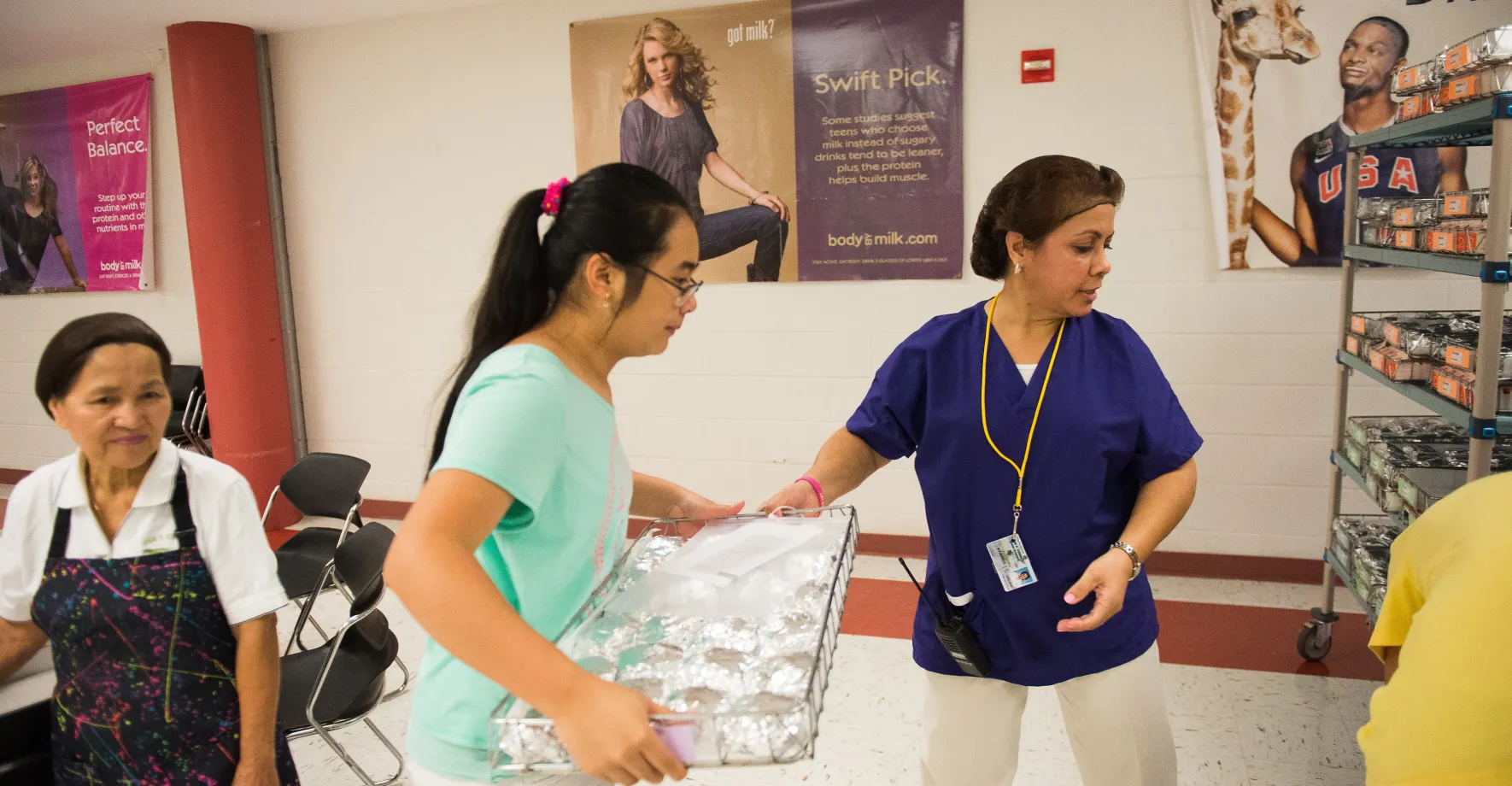
“Some of them would come to me and say they hadn’t had dinner the night before.”
In 2014, Mom learned about a model other schools in her area had been trying: serving breakfast during first period instead of before school. The practice was being adopted slowly. Some teachers worried about the mess, or the interruption in class time. Cafeteria managers wondered if kids would actually eat the meals.
These worries are common, but it’s also common to stop hearing them once the program has started, because of all the benefits it brings. The fact is, if more kids eat breakfast, more kids make it to class on time, they behave better in class and score higher on math tests. All of these factors contribute to higher graduation rates.
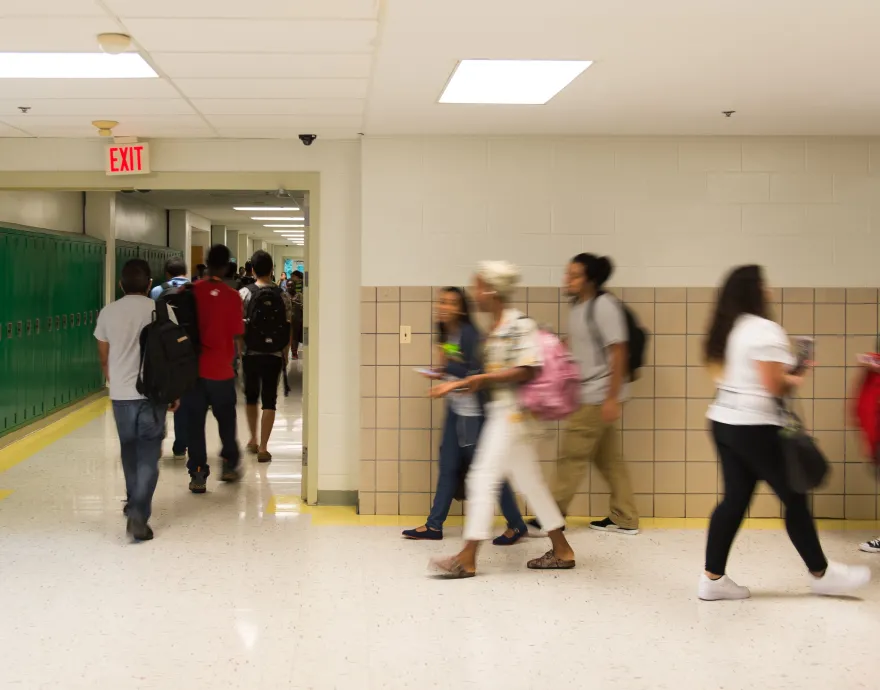
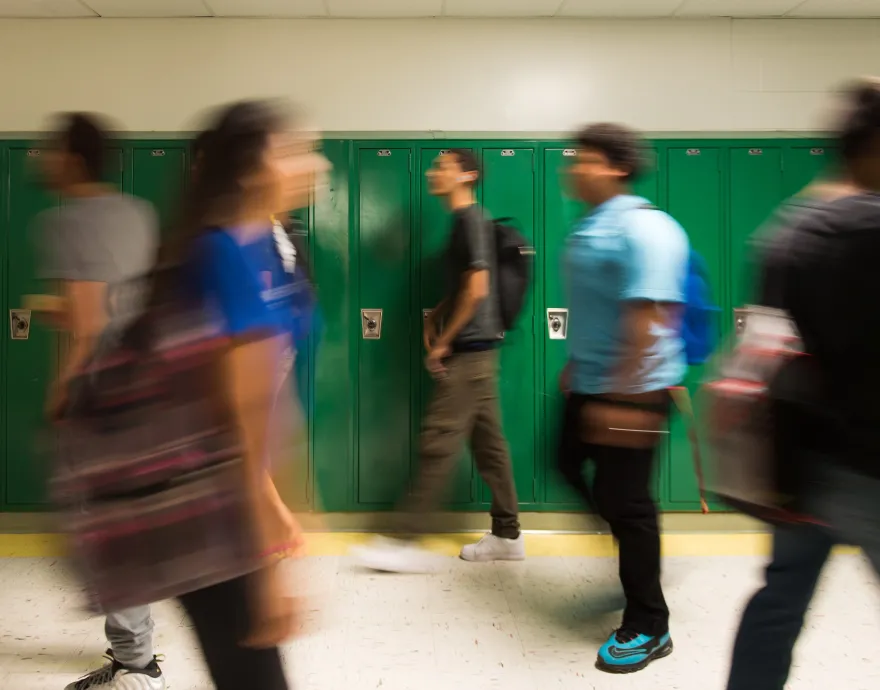
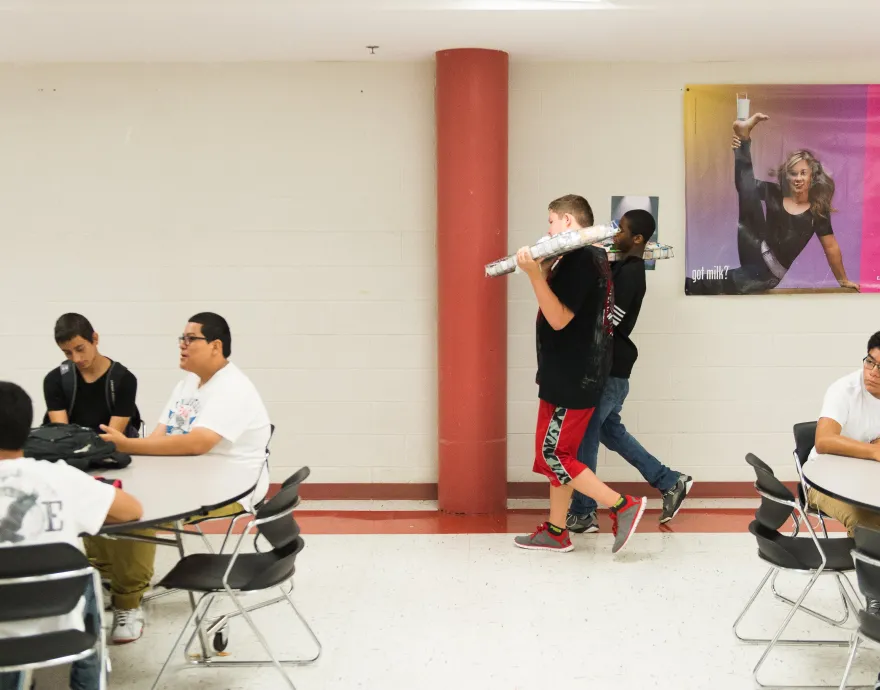
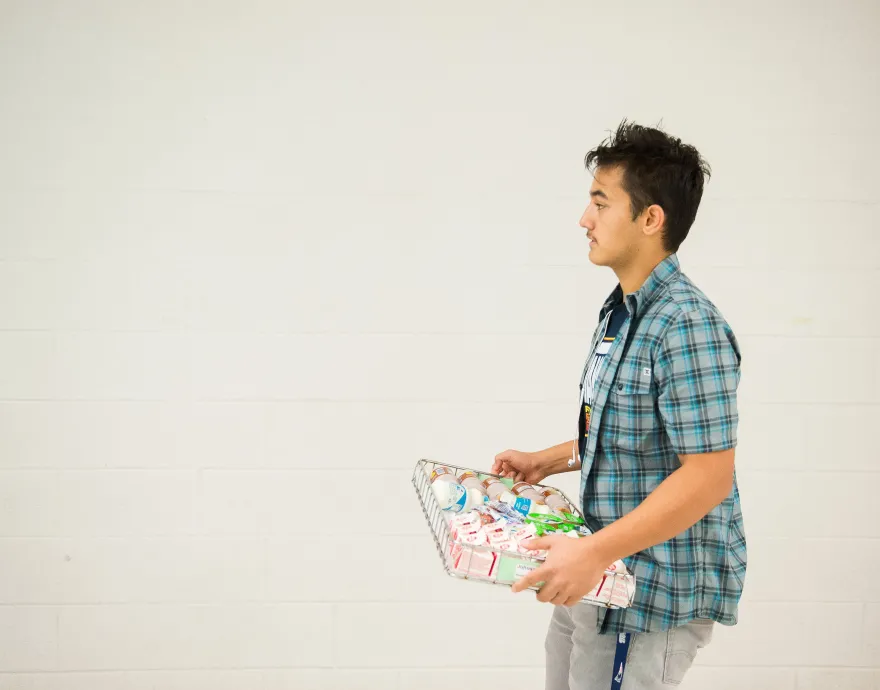
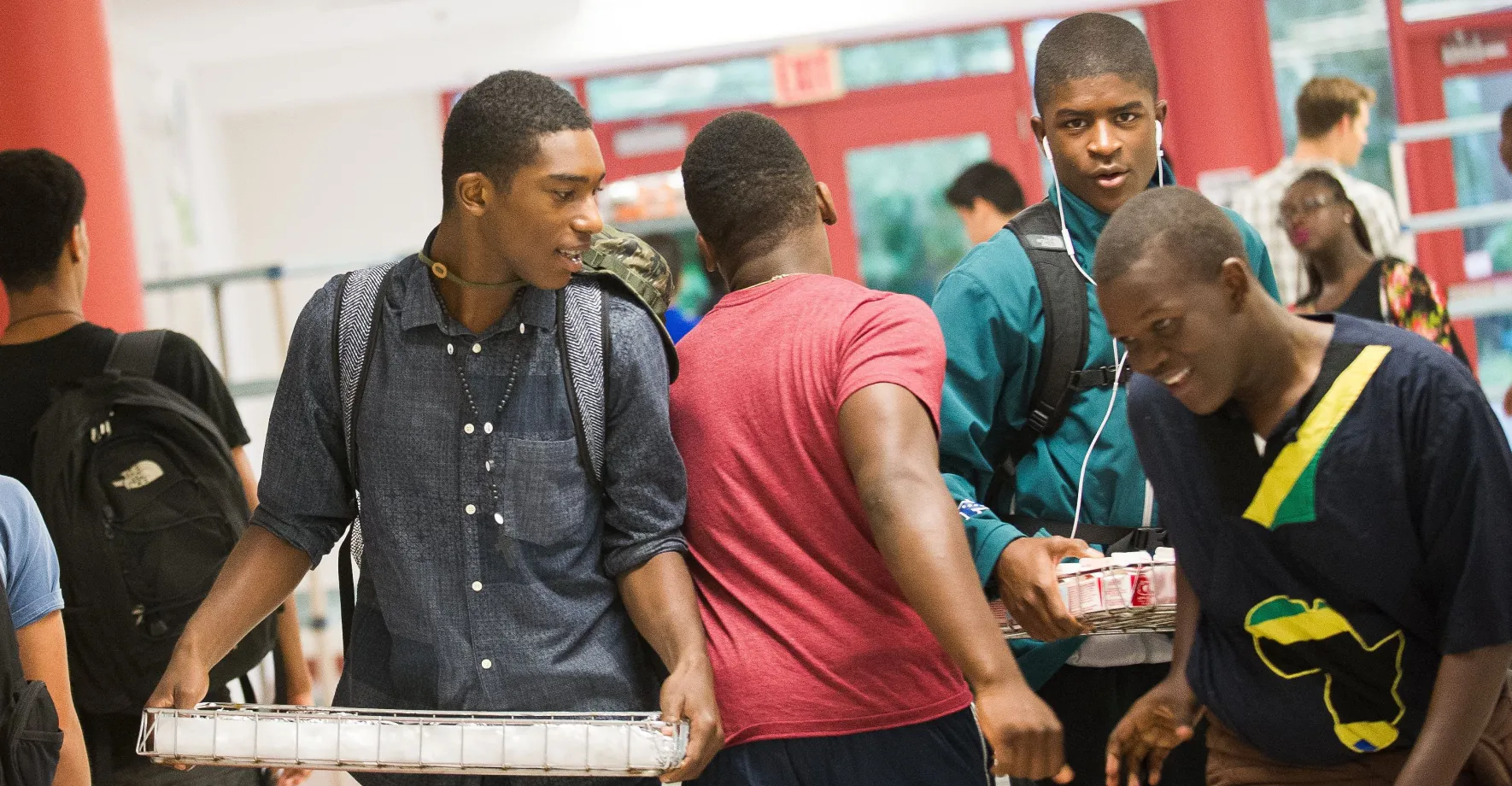
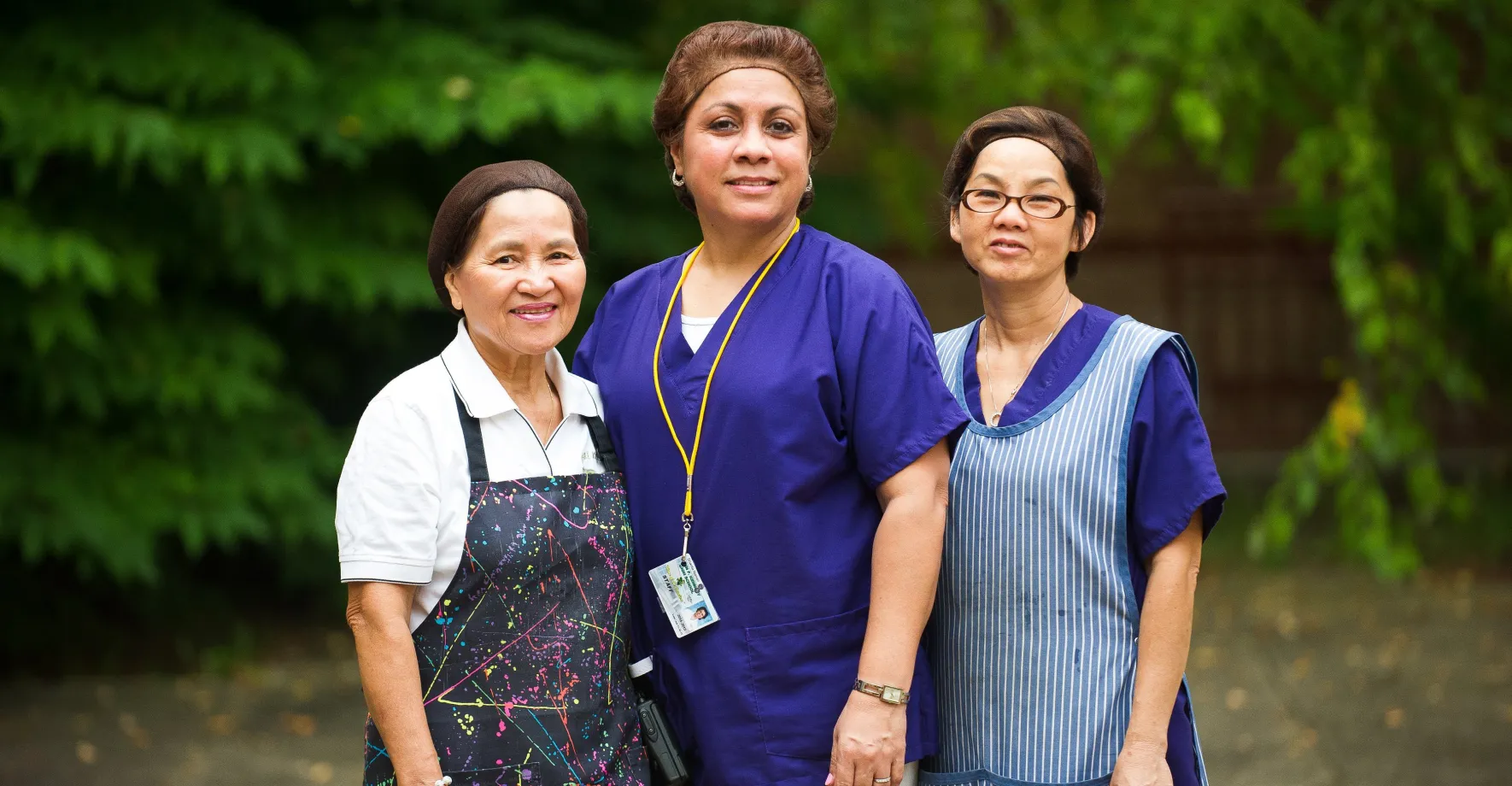

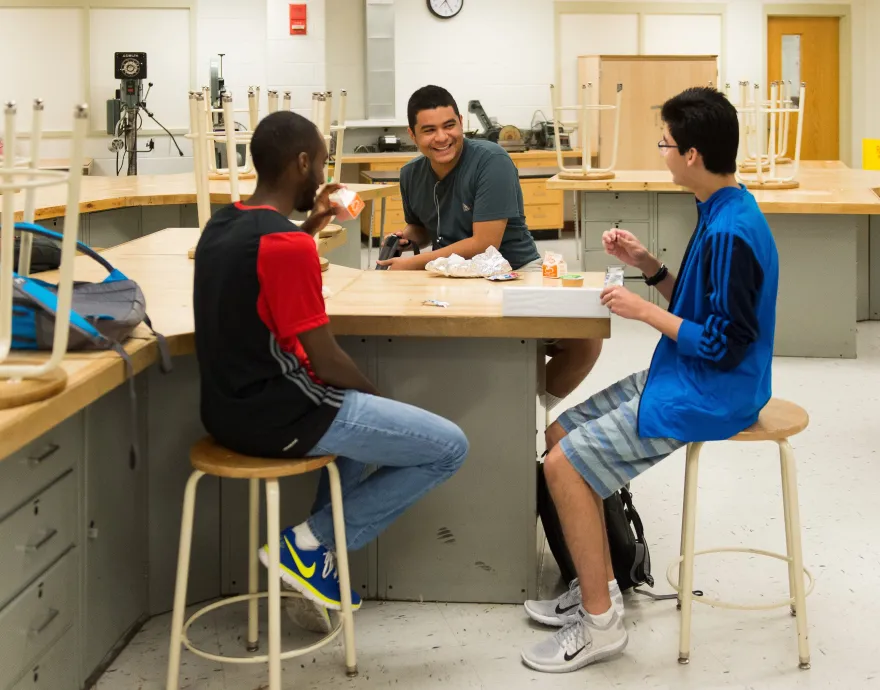
Knowing her kids as well as she does, Mom was convinced that the program would work. So she worked with school administration and teachers to make breakfast a part of the school day at JFK.
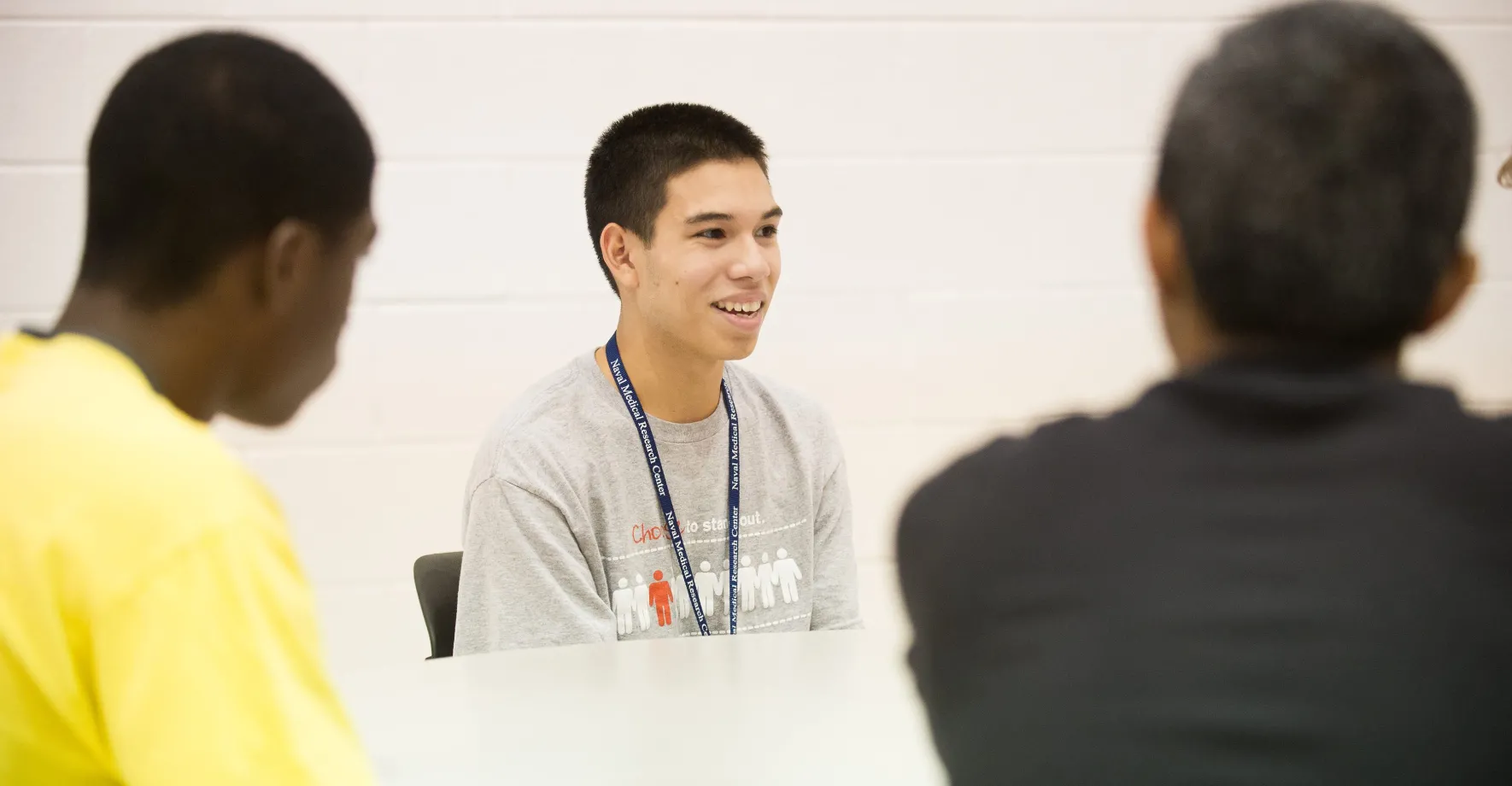
Izicual is one of the 1500 students now eating breakfast in the classroom every morning at JFK. He plans to go to firefighting school after graduation. Getting admitted to firefighting school is very competitive, and he recognizes that school breakfast provides him with the energy to perform academically and athletically. Both are important for him to pursue his dream.
Izicual told us how hard things had been before breakfast was served in class “People would just come to school without eating anything, It’s depressing waking up and seeing nothing on the table”. Now he can focus on achieving his dream of becoming a firefighter.
Marc is another student whose life is better because of the breakfast program. Several years ago his mom learned she had a brain cyst, this just months after being laid off from her job, putting his family in a staggeringly vulnerable position. Thankfully, doctors were able to remove the cyst and she is healthier now.
Still, “because of that, there are medical bills to pay, always the visits, the medication, every day- three times a day,” he said. With bills to pay and his mom unable to work, Marc admits, “It really takes away from a lot more things… before, the fridge was always full.”
It’s astonishing that this program, which only started last May, has become a lifeline for so many kids in a school where it would be easy to assume every kid was being taken care of at home. Over these short months, the administration at JFK has seen attendance rates rise, behavior issues drop, and student engagement in class grow. This experience is shared by thousands of schools across the country, and it helping make sure kids who would be struggling at school because of hunger have what they need to learn and ultimately succeed.
Still, thousands of schools continue to serve breakfast in ways that are impractical for the students who need them most. If you would like to get involved in helping to make sure that the kids in your community who need breakfast are getting it, visit nokidhungry.org/breakfast.



